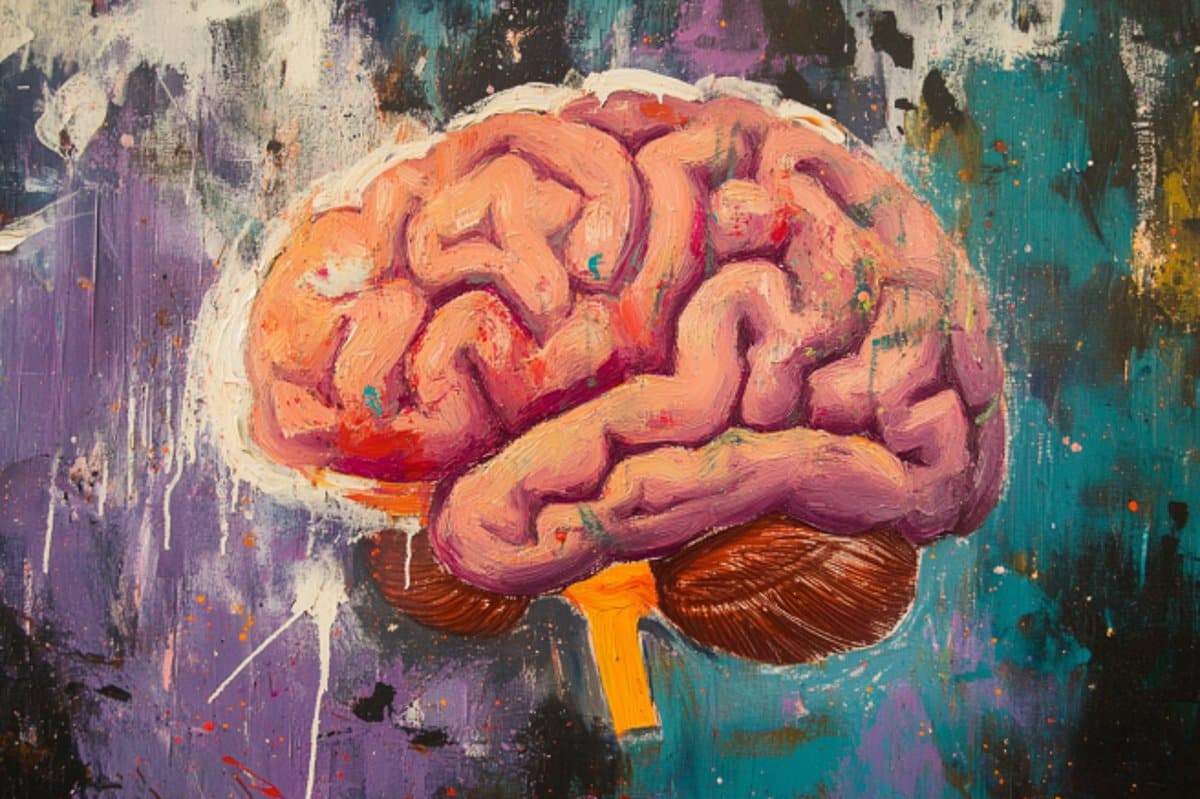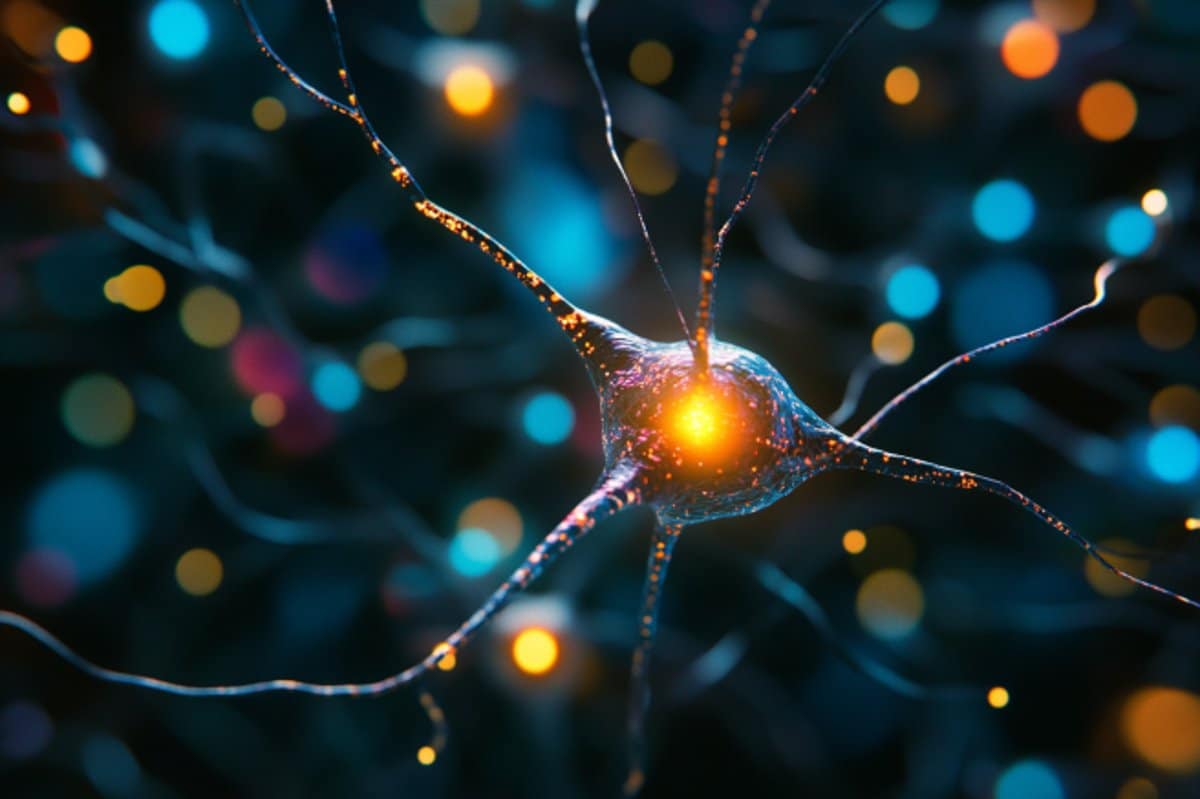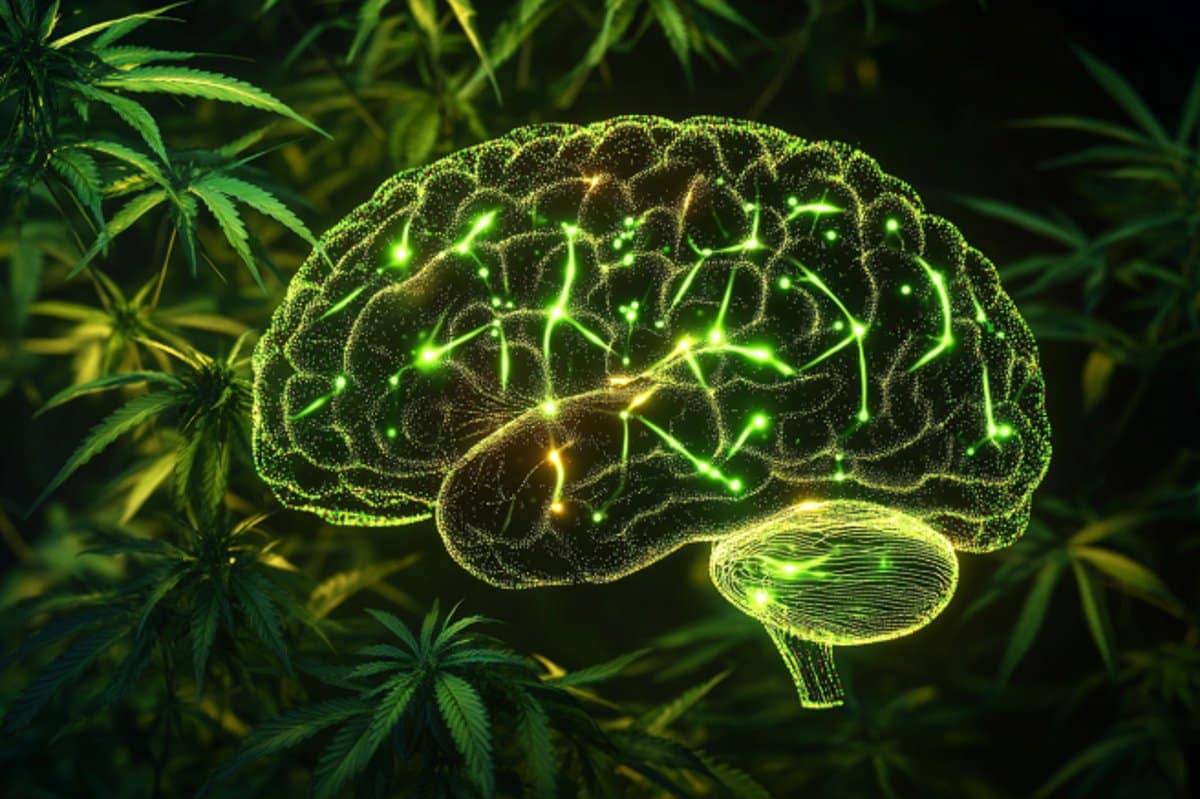Why ultraprocessed foods are hard to resist
Many people overeat chips, cereals, cakes, and puddings despite knowing they may not be healthy. Emerging science points to manufacturing processes that “predigest” raw food ingredients, creating ultraprocessed foods that bypass the body’s signals of fullness, making them hard to resist.
This involves disassembling basic food crops like corn, wheat, and potatoes into their molecular parts — starchy flours, protein isolates, fats and oils. These are then combined with artificial colorings, flavorings, and emulsifiers to create ultraprocessed foods such as chips, cakes, and breakfast cereal.
These foods have just the right ratio of sugar, salt, and fat designed to be irresistible, making them difficult to stop eating.
Bypassing the digestive system
Ultraprocessed food is quick and easy to digest, unlike whole foods which require more effort from the digestive system. This causes the body to lose its ability to send a signal of fullness to the brain, leading to overeating.
Estimates suggest that 73% of the food supply in the United States is made up of ultraprocessed foods. However, the underlying impact of these foods on the body has been difficult to pinpoint due to the nature of nutrition research.
The impact of ultraprocessed foods on weight
A clinical trial revealed that when participants consumed an ultraprocessed diet for two weeks, they ate about 500 calories more per day and gained an average of 2 pounds, compared to when they ate minimally processed foods for the same duration.
This was the first study to demonstrate in a controlled environment that ultraprocessed foods cause people to eat too many calories and gain weight.
Are the nutrients intact in ultraprocessed foods?
Foods that are broken down and reassembled may no longer contain the nutrients our bodies need. Research suggests that ultraprocessed foods are less satiating than minimally processed foods and can contribute to a rise in blood sugar levels.
Some food processing can be beneficial
It’s important to note that food processing has been part of human culture for centuries, and it can be beneficial. For example, steaming asparagus weakens tough cell walls, making vitamins and minerals more accessible to the body.
However, the processing involved in creating ultraprocessed foods goes far beyond traditional methods, potentially resulting in a loss of essential nutrients.
The food industry’s influence
The food industry has created an environment where people are encouraged to eat more. Ultraprocesed foods are designed to be appealing, making it difficult for individuals to resist them or control their weight in today’s food environment.
Research on the mechanisms by which ultraprocessed foods drive overconsumption and weight gain is still ongoing, with the goal of reformulating these foods so they have less of an impact on calorie consumption and weight gain.










